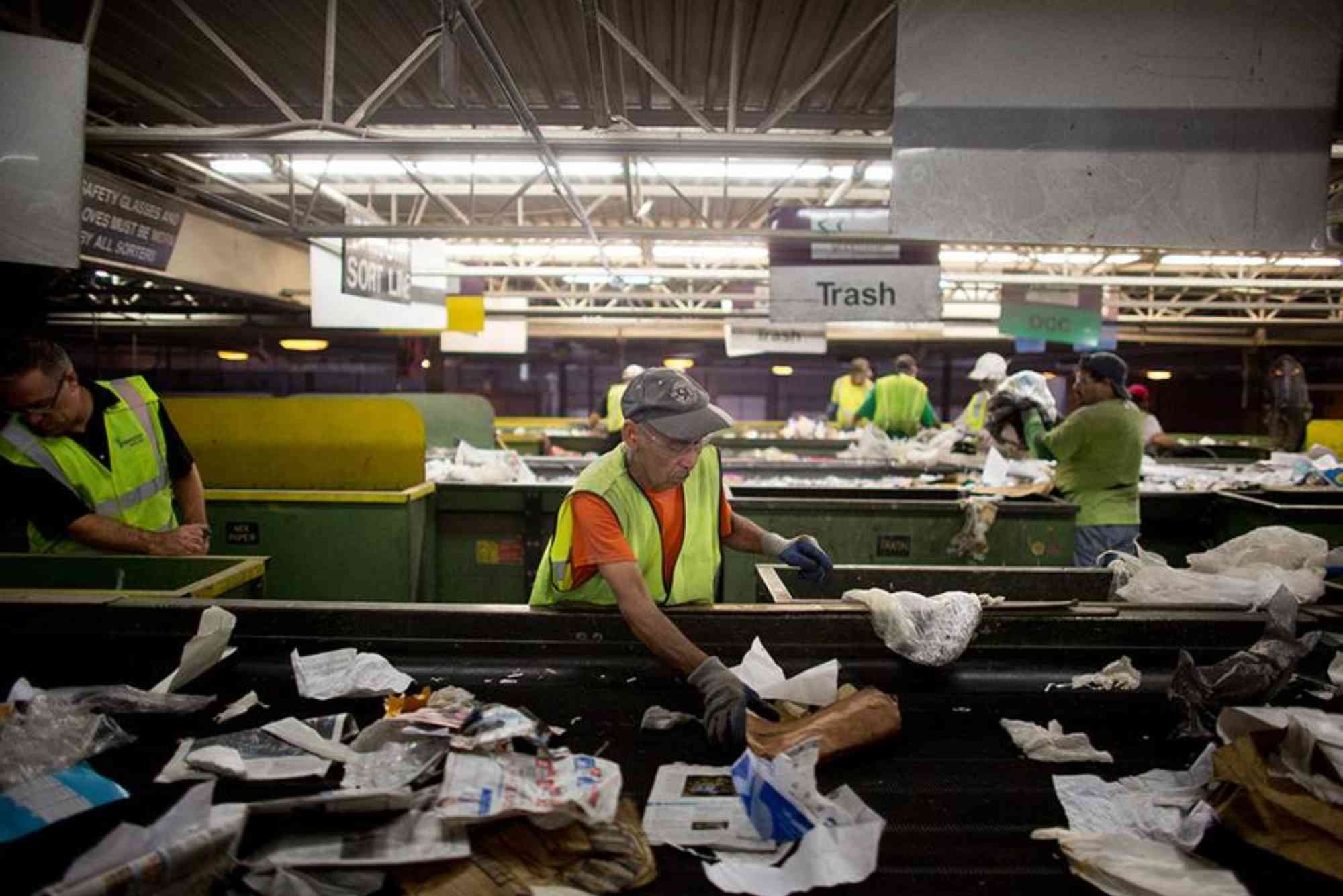Major retailers across the globe are turning to circular-economy solutions in a concerted effort to reduce the overwhelming volume of waste generated by product returns—an issue that has surged alongside the growth of e-commerce. Today, several leading brands announced the official launch of new pilot programs aimed at minimizing environmental impact, optimizing supply chain efficiency, and reshaping customer experiences.
These groundbreaking initiatives represent a milestone in retail sustainability and highlight a growing industry-wide push to rethink the life cycle of returned products. With billions of dollars in merchandise returned annually and significant portions ending up in landfills, the new circular-economy pilots emphasize refurbishment, recommerce, smart logistics, and advanced return-prevention technologies.
A New Era in Retail Sustainability
Retailers participating in the pilot programs aim to close the loop between consumer purchases, returns, and product reuse. By adopting circular-economy frameworks, companies can extend product life cycles, reduce carbon emissions, and promote responsible consumption practices. Many initiatives are built on collaborative partnerships between retailers, logistics providers, and sustainability-focused technology platforms.
In addition to improving environmental performance, circular-economy strategies help reduce the financial burden associated with high return rates. Costs related to transportation, repackaging, and restocking have long challenged retailers, particularly during holiday seasons and high-sale periods. The pilot programs seek to address these issues while encouraging greater consumer transparency and trust.
Innovative Approaches to Cutting Returns Waste
The newly launched pilot programs employ a range of solutions, including:
AI-powered returns prevention, which analyzes customer behavior and product feedback to reduce avoidable returns.
Refurbishment and recommerce centers, allowing retailers to recirculate gently used products back into the market.
Smart packaging and labeling, designed to minimize damage during shipping and provide customers with digital instructions or troubleshooting tools.
Localized drop-off hubs, reducing transportation emissions by shortening the distance returned products travel.
Sustainability tracking systems, enabling both retailers and consumers to monitor the environmental impact of return decisions.
Many of these technologies are already being tested across North America and Europe. Retailers say early results show promising reductions in waste volumes and operational expenses.
Industry Collaboration and Innovation
A key component of the initiative is collaboration. Retailers are working closely with circular-economy experts and sustainability organizations to develop best practices and share early insights. According to project coordinators, the pilot programs are also designed to build consumer awareness about the environmental consequences of returns.
Customers participating in the pilot will receive new incentives—such as loyalty points, free repairs, or store credits—for choosing more sustainable return options. These approaches aim to shift customer expectations and encourage environmentally conscious shopping behavior.
Additional resources on circular-economy strategies can be found through sustainability research groups, such as the Ellen MacArthur Foundation’s Circular Economy Insights, which has long advocated for product-reuse models across industries.
Supporting the Future of Responsible Retail
Experts believe the current pilot programs mark the beginning of broader industry-wide adoption. As climate commitments tighten and consumer interest in sustainability continues to rise, retailers are increasingly turning to circular-economy frameworks to ensure long-term resilience and regulatory compliance.
To help guide businesses through this transition, several logistics and technology partners have created open-access reports and tools designed to support greener supply chain practices. One such resource, available through Circular Business Tools, offers companies a range of models for evaluating and implementing circular retail strategies.
For media inquiries, interviews, or more details about participating retailers and pilot program findings, please contact the press office at press@retailsustainabilitynews.com.
Expected Impact and Next Steps
The goals of these pilot programs are far-reaching. Over the next 12 to 18 months, participating retailers will monitor and evaluate:
Reductions in landfill waste
Improvements in the condition and recovery of returned products
Decreases in transportation emissions
Enhanced customer sentiment toward sustainable returns
Cost savings linked to reduced handling and processing
If the pilots meet their targets, the models could be scaled globally, potentially transforming retail operations and setting new sustainability benchmarks for the industry.
A Turning Point for Retail
As the global retail sector evolves, the shift toward circular-economy practices underscores a new era—one where sustainability, efficiency, Retailers Launch Circular-Economy Pilots to Cut Returns Waste and innovation coexist. The pilot programs announced today solidify a commitment to reducing returns waste and building a more responsible consumer ecosystem.
Businesses, policymakers, and sustainability advocates agree: the future of retail depends on solutions that protect the environment while meeting the needs and expectations of modern shoppers. These pilot programs represent an essential step forward, offering a blueprint for a greener, more efficient retail landscape.


